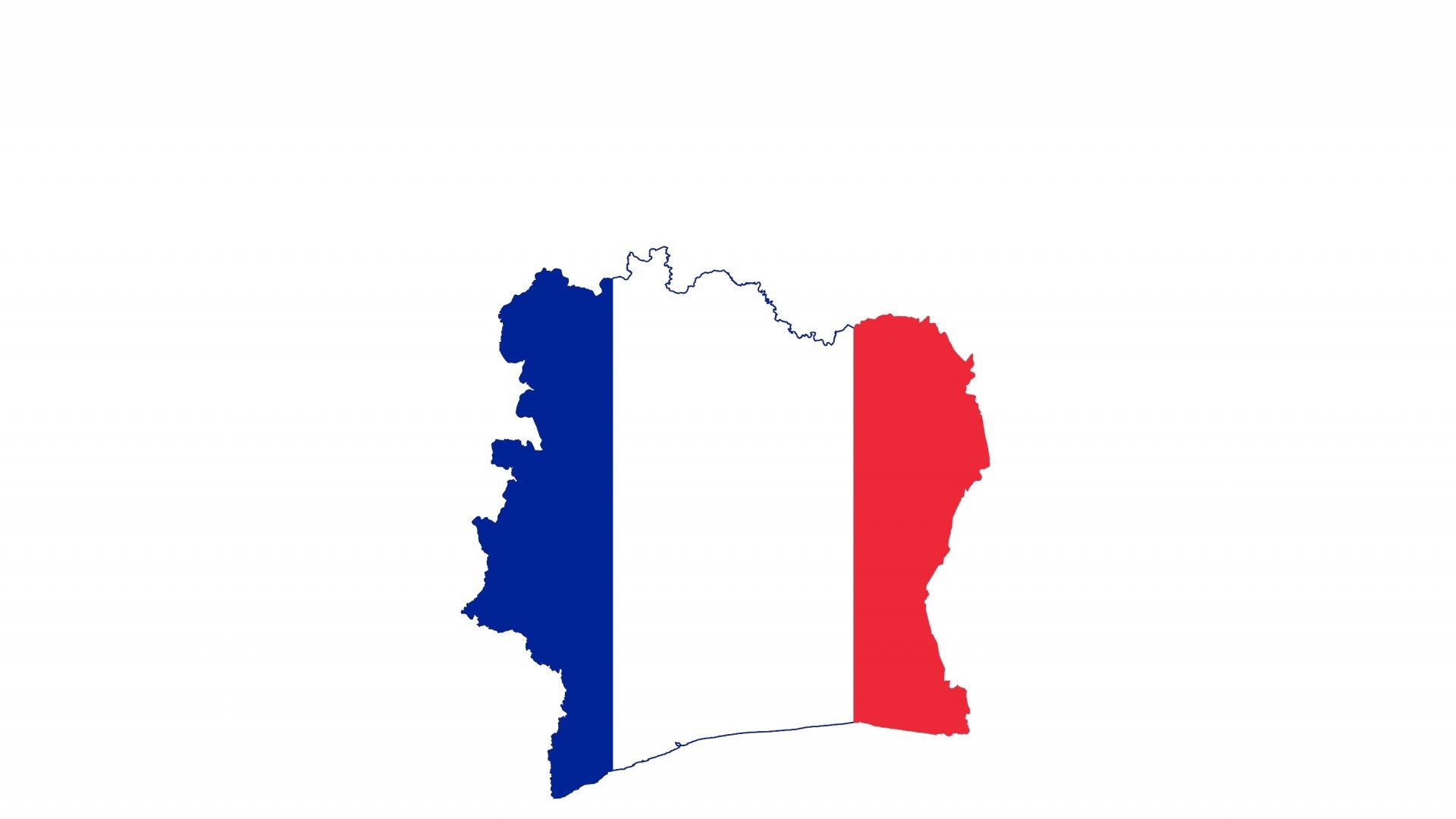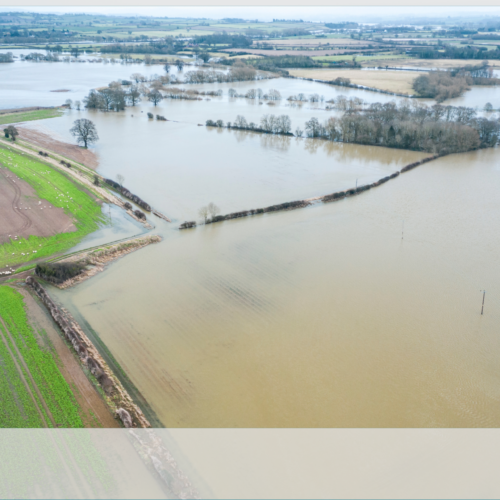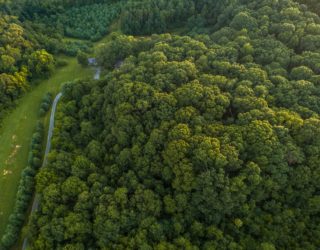Ecological consultants produce a staggering amount of biological records as part of surveys required to assess the ecological impacts of developments.
Consultants record species in places that may not be surveyed by volunteer naturalists, in particular for access reasons. These records, if shared with local biological records centres, learned societies and the National Biodiversity Network (NBN), would make a tremendous contribution to the UK’s learning and understanding of its biodiversity, and to future decision-making about nature and the environment.
It is a requirement of survey and mitigation licences for protected species that raw records collected on these species are shared with Natural England and local records centres; however, there is no such requirement for species that are not subject to licensing.Very often, concerns about data ownership
and confidentiality, as well as time and cost issues, result in these biological records not being shared.
When required as part of a planning application, survey reports are generally made available to the public by local planning authorities on their planning portal. However, more often than not, survey reports do not include raw records, and, where they do, there is no system in place that would allow for these records to be shared with local records centres or the NBN. This is a very regrettable waste of knowledge.
New legislation
Possibly surprisingly in a country that has long lagged way behind the UK in terms of biological recording, raw biological records collected as part of ecological impact assessments in France will soon become open data. A new piece of legislation published on 30 November 2016 which will fully come into force on 31st December 2017, makes it a statutory requirement for developers to upload raw biological records to a centralised database before the public consultation can be open, or, when no public consultation is required, before planning consent can be granted. After having been checked, the raw records will be integrated in the National Inventory of Natural Heritage managed by the National Natural History Museum (Inventaire National du Patrimoine Naturel), and made publicly available on the INPN website, the equivalent of the NBN Gateway.
Records relative to sensitive species will be made available at a coarse enough resolution to prevent wildlife crime.











